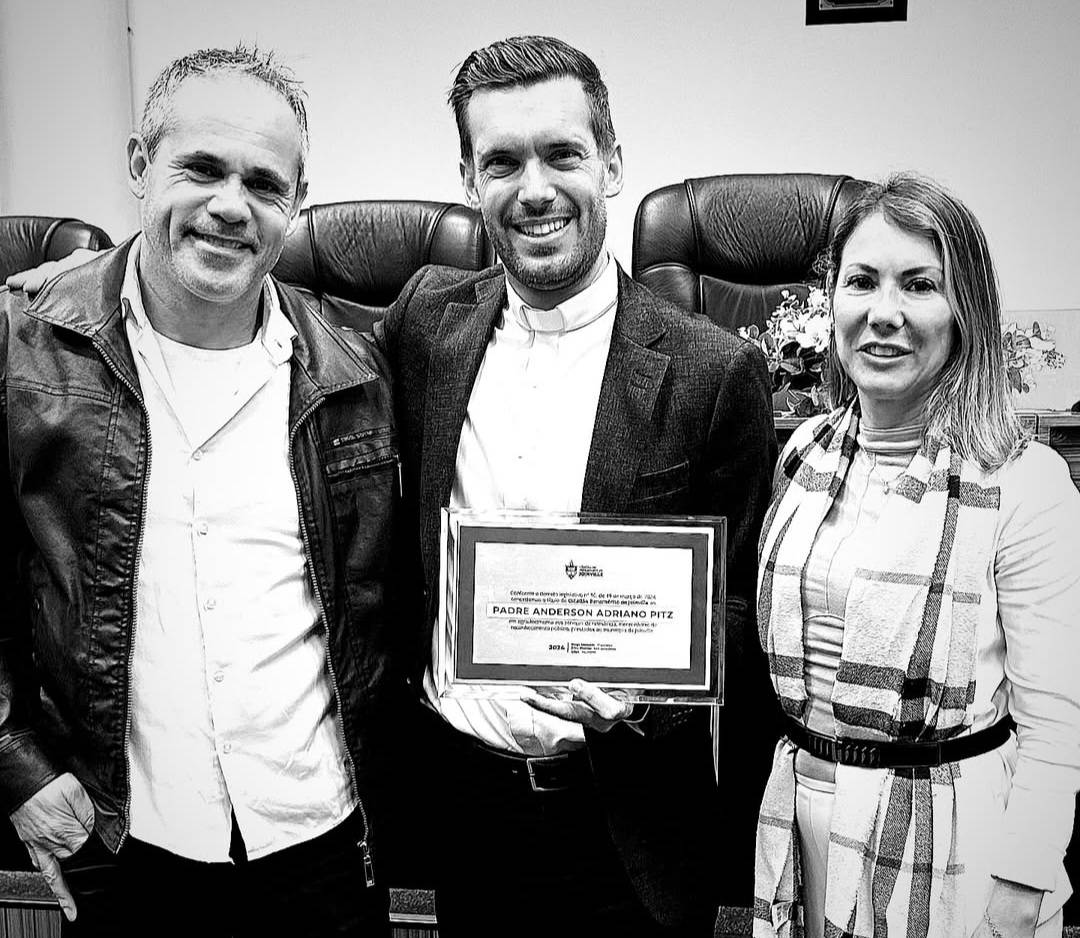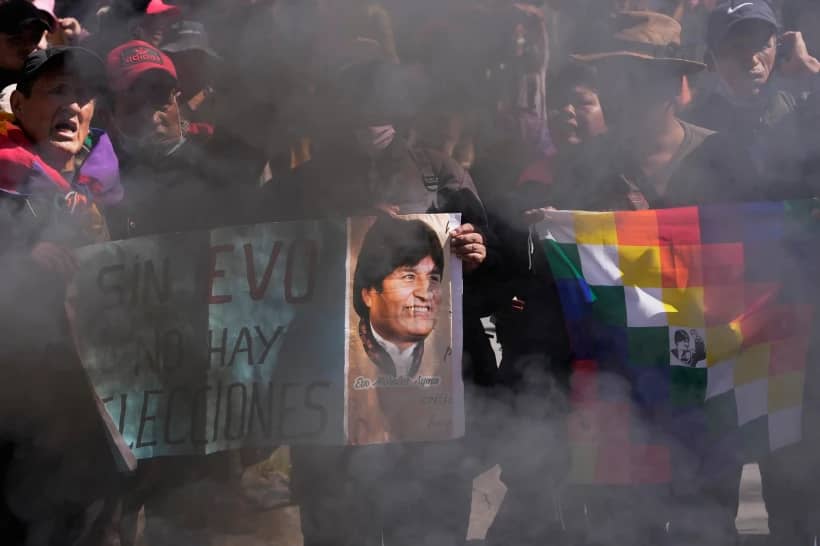SÃO PAULO, Brazil — A little more than a month after prison riots took the lives of 55 people in Manaus, one of the biggest cities in the Brazilian Amazon, Manaus Archbishop Sergio Castriani denounced the conditions in the region’s prison system.
Writing on the website of the Brazilian bishops’ conference’s prison commission, the archbishop reproduced an email he received noting the “serious risk of new deaths in jails.”
On May 26, a riot between inmates at the Penitentiary Complex Anísio Jobim, called the Compaj, led to 15 deaths. The next day, another 40 detainees were found dead – four of them at the Compaj and the rest at three other correctional facilities in the city.
The authorities claimed the riots were caused by a dispute between two leaders of a criminal faction that is active inside and outside the prison system, but the Prison Pastoral, a commission of the National Conference of Bishops of Brazil (NCBB), said that the continuous human rights violations in prisons are the real reason for the deaths.
The email in Castriani’s article, published on the Prison Pastoral’s website on July 4, was sent by an unidentified person, who had knowledge of the conditions in the local prison system.
“We have news on the serious risk of new deaths in jails. People that left the prison in the last days with a release order said the repression is fierce. There are up to 60 people in the same cell. It’s not possible to know for how long, but people who endured this situation said they had to sleep standing up,” said the message.
The message, according to Castriani, also described the food given to the detainees as being contaminated with “insects and sand.”
“There is water rationing and an insufficient amount is supplied only for a few minutes each day for drinking, washing clothes and taking a shower. They said they had to drink water from the toilet,” the email continued.
At the beginning of June, members of the Commission of Human Rights and Minorities (CHRM) of the Chamber of Deputies (the lower house of the Brazilian Congress) visited Manaus to investigate the deaths and the conditions of the prisoners. According to the CHRM’s report, the maximum number of detainees at the Compaj should be 454, but it currently houses 1055. Cells meant to house 8 people are now housing, on average, 20.
At another correctional institution in Manaus, the Penal Institute Antônio Trindade, more than 65 people can be housed in an eight-person cell. The CHRM’s report says the prison system of the State of Amazonas is the most overcrowded in Brazil, with an occupation rate of 484 percent. Most of the detainees – 64 percent – have not even been to trial.
The Prison Pastoral has questioned the role of Umanizzare, the private company which runs six prisons in the State of Amazonas, five of them in Manaus. According to the CHRM’s report, the company is in charge of a prison population of 4,600 detainees – and charges $1,000 per month for each prisoner, almost twice the national average.
“According to clergymen connected to the Prison Pastoral, Umanizzare let 60 people die in 2017 and the continuation of the contract allowed the deaths of another 55 people,” said the CHRM’s report.
There are multiple rumors that prisoners are tortured, but could not be confirmed by the CHRM delegates, who were not allowed to speak privately with detainees. Nevertheless, in his article Castriani compared the poor treatment received in the prison system itself to torture.
“Some may say this is not torture. But what does the torturer want, if not to humiliate his victim to the full in order to obtain submission? Unfortunately, what happens in the prisons is a reflection of the mentality of an age in which the ones who are not winners must not have rights. For this society, some people deserve to be tortured,” wrote the archbishop.
In June, right-wing President Jair Bolsonaro fired all the officers of the National Mechanism for the Prevention and Combat of Torture, an independent body that inspects prisons. He also stopped the salaries for the inspectors, who now must work as volunteers.
Crux is dedicated to smart, wired and independent reporting on the Vatican and worldwide Catholic Church. That kind of reporting doesn’t come cheap, and we need your support. You can help Crux by giving a small amount monthly, or with a onetime gift. Please remember, Crux is a for-profit organization, so contributions are not tax-deductible.
















